
Throughout history, certain events have stood out not only for their political or cultural significance but also for the staggering scale of human loss they brought about. Wars, disasters, and oppressive regimes have reshaped societies and left lasting wounds on humanity. The following moments reveal just how devastating large-scale loss can be.
The Black Death (1346–1353)

Mass devastation, known as the Black Death, swept across Europe, Asia, and North Africa during the 14th century, resulting in an estimated 200 million fatalities. At the time, many believed the pandemic to be divine punishment. Transmitted primarily through fleas carried by rats, the plague halved Europe’s population.
World War II (1939–1945)
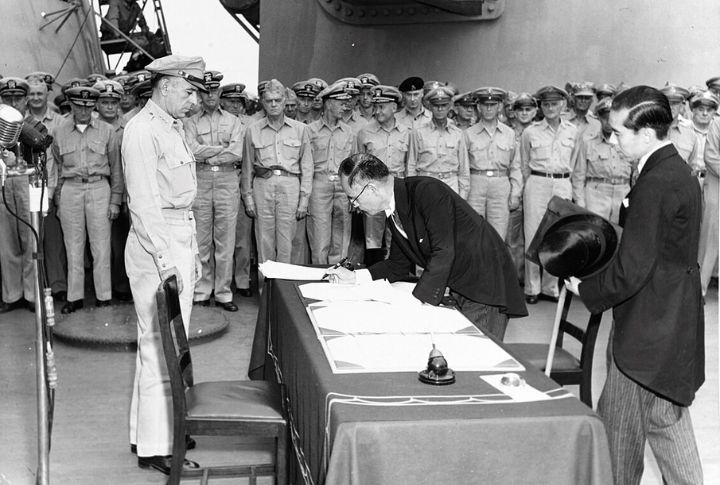
World War II became the deadliest conflict in human history, which caused more than 70 million fatalities worldwide. Civilian losses exceeded military ones, and it marked the first use of nuclear weapons. The war’s aftermath led to the founding of the United Nations, and it permanently reshaped international politics.
Spanish Flu Pandemic (1918–1920)

Killing around 25 to 50 million people, the Spanish Flu Pandemic spread rapidly due to troop movements during World War I. Entire towns shut down in fear of infection and death. Striking young adults the hardest, this global health crisis infected nearly one-third of the universal population within just two years.
World War I (1914–1918)

World War I, known then as the “War to End All Wars,” claimed an estimated 15 to 22 million lives. Marked by trench warfare, tanks, and poison gas, it showed the horrors of modern combat. The war triggered the collapse of empires and, ironically, set the stage for World War II.
The Taiping Rebellion (1850–1864)
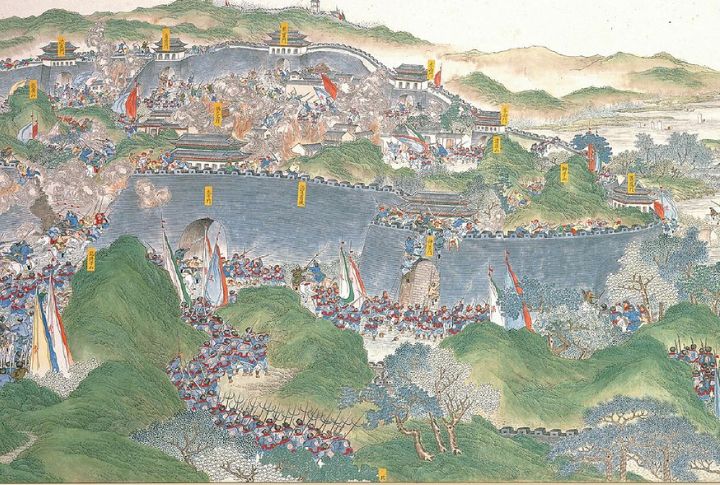
One of history’s deadliest civil wars, the Taiping Rebellion in China, claimed 20 to 30 million lives. Led by a man who believed he was Jesus’s brother, the uprising devastated cities and pushed the Qing Dynasty to depend on regional forces, weakening imperial control permanently.
The Holocaust (1941–1945)
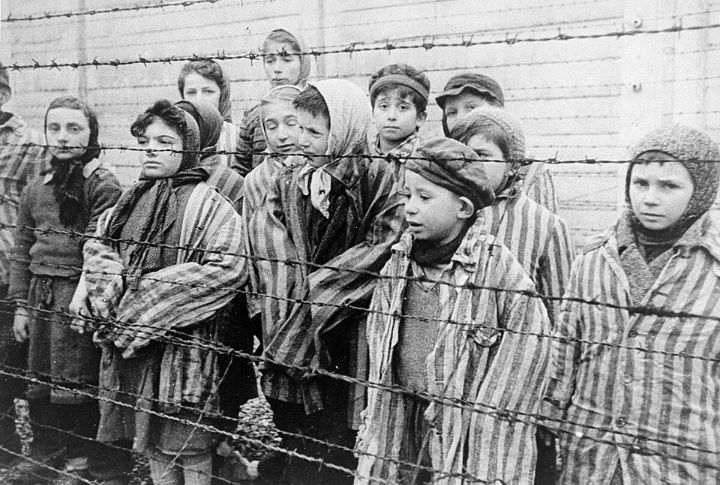
Systematic genocide during the Holocaust led to the murder of six million Jews and millions of others. In some Nazi camps, like Auschwitz, prisoners had to play in orchestras while others arrived or faced death. This tragedy shaped global human rights laws and warned against unchecked hatred and total power.
The Great Chinese Famine (1959–1961)
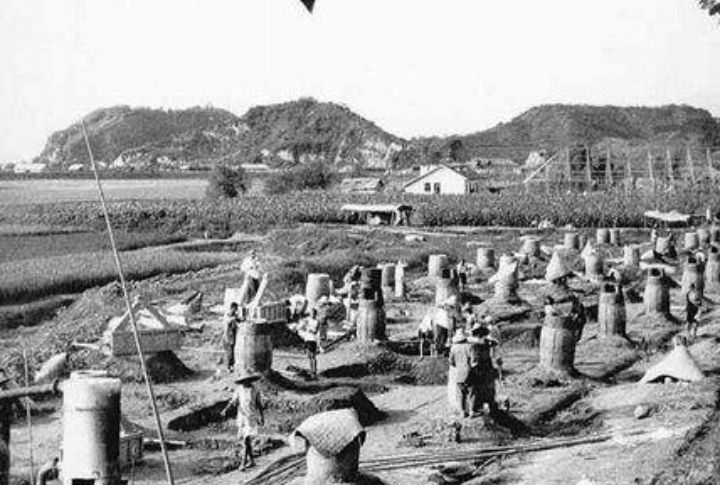
Triggered by the failed policies of the Great Leap Forward, the Great Chinese Famine caused the deaths of an estimated 15–55 million people. Citizens even resorted to eating bark to survive. Many local officials concealed the truth about food shortages and deaths, making it a dark chapter in Chinese history.
The An Lushan Rebellion (755–763)
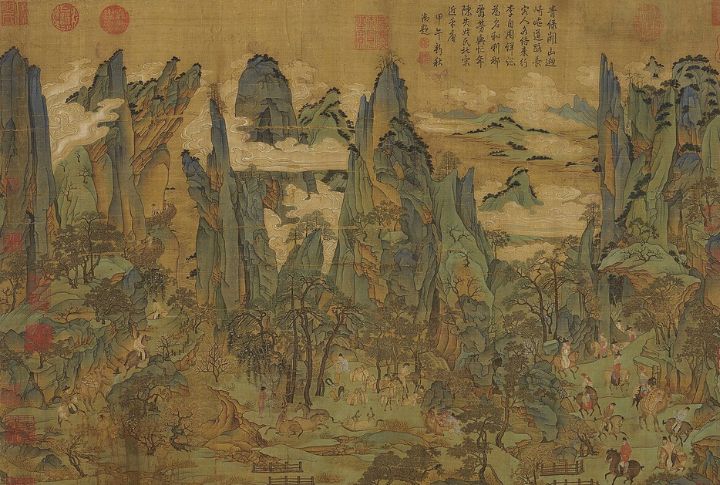
The An Lushan Rebellion began in 755 CE, led by a former Tang general. It caused roughly 13 to 36 million deaths—possibly one-sixth of the universal population. As violence spread, cities were abandoned for survival. The uprising severely weakened the Tang Dynasty’s political and military power.
The Congo Free State Atrocities (1885–1908)\
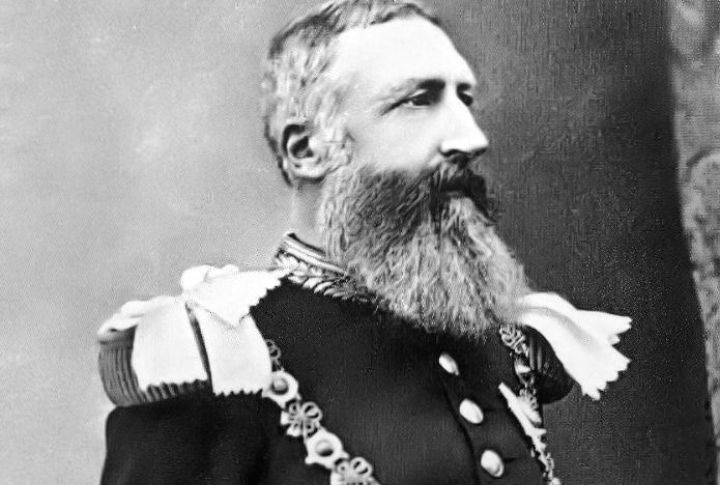
Between 1885 and 1908, the Congo Free State became a site of mass suffering under King Leopold II’s personal rule. Forced labor and violence claimed the lives of 10–15 million Congolese. Global outrage eventually sparked one of history’s earliest large-scale human rights movements.
The Napoleonic Wars (1803–1815)
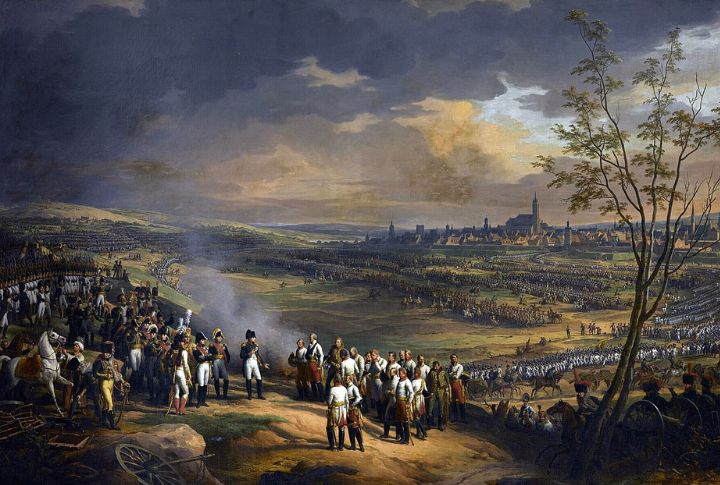
The Napoleonic Wars, which engulfed nearly all major European powers from 1803 to 1815, caused an estimated 3.5 to 6 million deaths. Napoleon’s disastrous invasion of Russia alone cost him over 400,000 soldiers. These conflicts reshaped national borders and influenced Europe’s political structure for decades after Napoleon’s eventual defeat at Waterloo.

